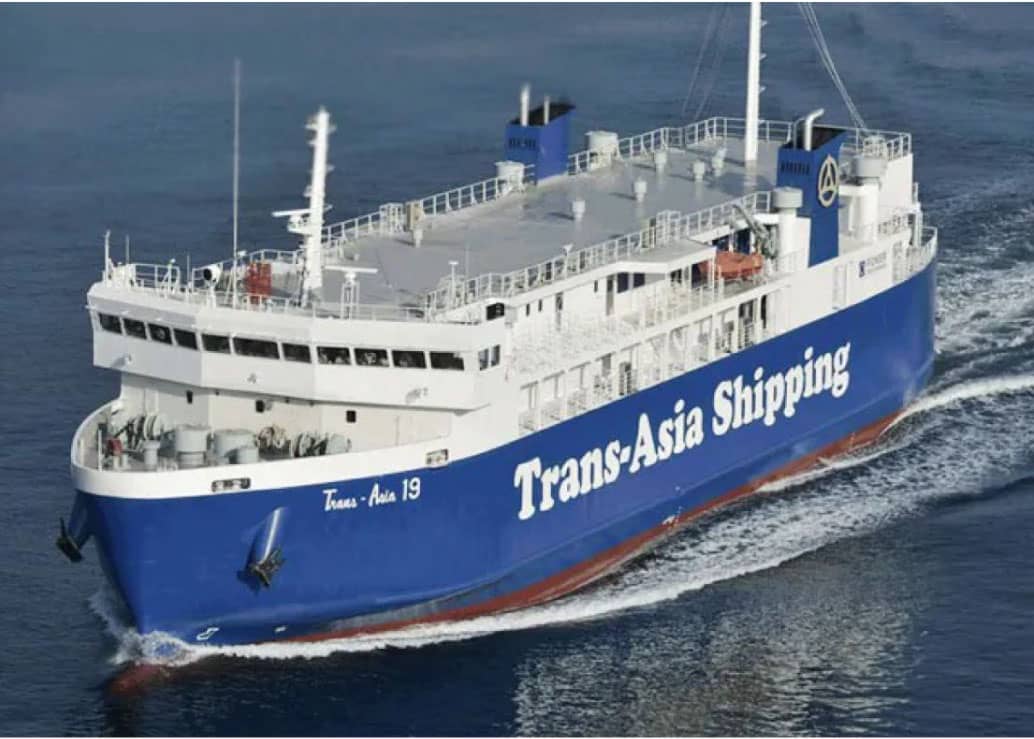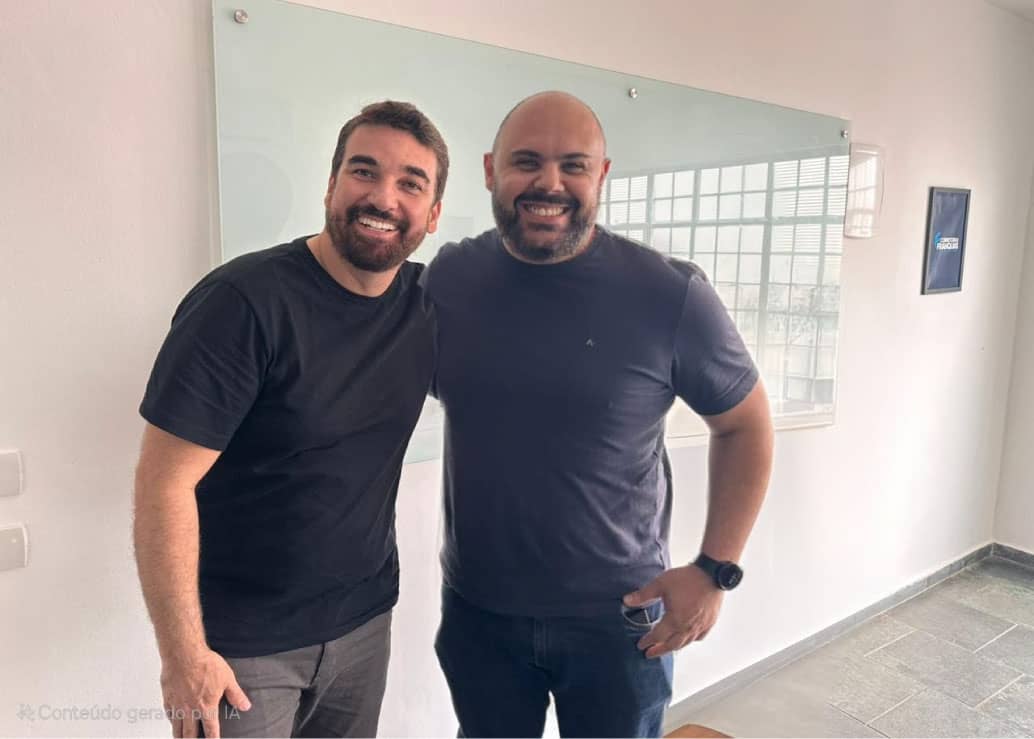Hype is a concept used by marketing teams to refer to promotional actions for a product or service, intense and short-lived, focused on topics that are highly discussed at a given moment. The use of digital technologies proves to be indispensable, but recent innovations, such as artificial intelligence, enable companies to plan practices that go far beyond the hype.
In this sense, personalization in customer relationships is the big leap. "When talking about digital transformation and the future of retail, today we must turn our attention to artificial intelligence. Will it replace people in some activities? Will we have stores without salespeople? Beyond these questions, we need to understand how AI can contribute to the customer journey," evaluates César Baleco, CEO of Grupo Irrah.
The organization specializes in products and technological solutions focused on retail. Includes e-commerce tools, store management tools, and contact channel automation between retailers and customers – including an AI-powered chatbot. It has been in the market for almost 20 years, a period during which it has witnessed intense and rapid technological innovation. "Now, we see AI arriving to revolutionize retail," he considers.
An example of personalization in service, enabled by artificial intelligence, is what can reconfigure the concept of a store. Whether physical or virtual, standardized service will give way to a personalized relationship, enabled by increasingly deep and rapid algorithms and data analysis, "practically in real time," as the specialist points out.
“Purchase history, interactions on social networks, the words used by the consumer both in their speech and in their searches, how this consumer behaves in the store, all of this provides information for the technology to return answers to the customer that meet their specific personal preferences, in order to satisfy their desires and wants”, explains the CEO.
In this way, retail will be able not only to meet what the consumer demands but, most importantly, to anticipate that demand and need. The collection, storage, and analysis of data through artificial intelligence are expanding exponentially; the technology's generative capacity enables segmented, personalized, "tailored" responses, in Baleco's words.
The specialist explains that retail stores will become as personalized as user profiles are today on streaming platforms or music platforms, for example, which already offer these consumers movie and music menus that not only cater to their preferences but also keep these users connected and loyal. "Presentations of launches, discounts, and promotions can be tailored for each client," it predicts.
The customer's behavior at each moment can also be understood. In other words, despite the search, purchase, and viewing history, artificial intelligence monitors potential changes in taste or even the consumer's sentiment at that moment of interaction. An artificial intelligence chatbot detects any mood variation in response to frustration from unmet needs, for example.
Investing in technology providers that offer an ecosystem of solutions (management, customer service, sales) is therefore essential for retailers to achieve full digital transformation. After all, observe the CEO of Grupo Irrah, segmented and personalized actions are useless if, when the customer needs to continue their journey, the system is not structurally prepared to handle demands and flows.











